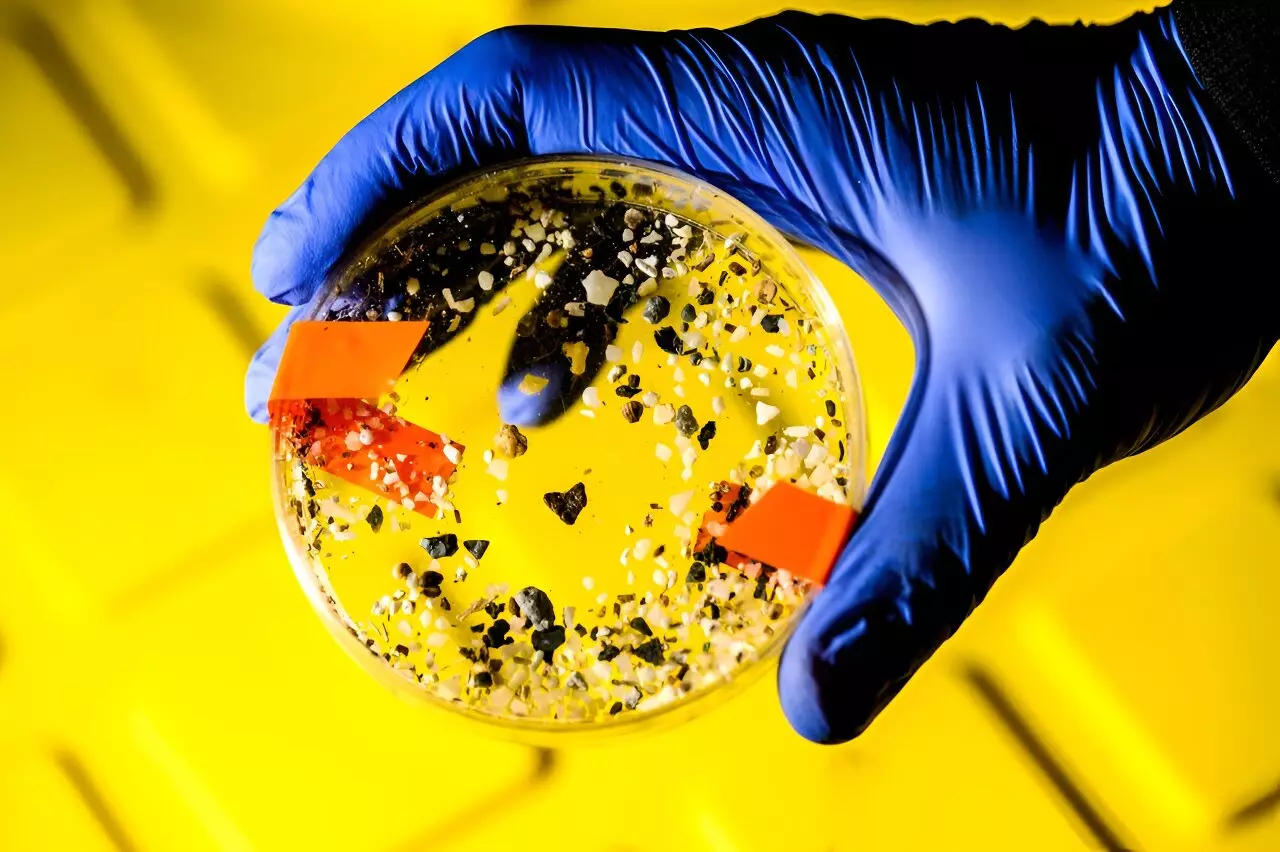Plastic pollution in the oceans has long been a concern due to its detrimental effects on marine life. However, a recent study conducted by Northeastern researcher Aron Stubbins has shed light on another alarming consequence of microplastics in the ocean. The study reveals that microplastics may hinder the ocean’s ability to mitigate the climate crisis by impeding the process of carbon sequestration.
The Role of the Ocean in Carbon Sequestration
For thousands of years, the ocean has played a crucial role in the carbon sink process. Dead phytoplankton, microscopic marine organisms, clump together and sink to the ocean depths in what is known as “marine snow.” This process helps to remove carbon dioxide from the atmosphere and store it in the deep ocean, similar to how trees and plants on land absorb carbon. However, the presence of microplastics in the ocean is disrupting this important mechanism.
Research conducted by Northeastern University shows that microplastics make marine snow more buoyant, slowing down its descent to the ocean floor. When phytoplankton grow on microplastics, they become less dense, reducing the efficiency of carbon removal from the atmosphere. In a study reported in Marine Chemistry, phytoplankton exposed to microplastics sank 20% slower than those free of plastic contamination.
Effect on Marine Ecosystems
The slowdown in carbon sinking comes at a critical time when carbon sequestration is more crucial than ever in combating climate change. As carbon is transported deeper into the ocean, it plays a vital role in offsetting global warming caused by human carbon emissions. Therefore, the impact of microplastics on this process could have far-reaching consequences for marine ecosystems and the planet as a whole.
Furthermore, another aspect of the study conducted by Northeastern researchers highlights how microplastics on the ocean surface can reduce nutrient availability for phytoplankton. Microplastics exposed to sunlight dissolve and release organic carbon, which bacteria feed on. This, in turn, leads to a decrease in nitrogen and phosphorus levels, essential nutrients for phytoplankton growth. As phytoplankton are crucial for capturing carbon from the atmosphere, the presence of microplastics further diminishes their efficiency in the carbon sequestration process.
The pervasive nature of microplastics in the oceans poses a threat to global-scale processes such as the carbon cycle, which is vital for sustaining all life on Earth. The continued increase in microplastic concentrations in the ocean raises concerns about the long-term impacts on carbon sequestration and the overall health of marine ecosystems. While scientists are still gathering data to fully understand the extent of the problem, it is evident that urgent action is needed to address the issue of microplastic pollution in the world’s oceans.


Leave a Reply